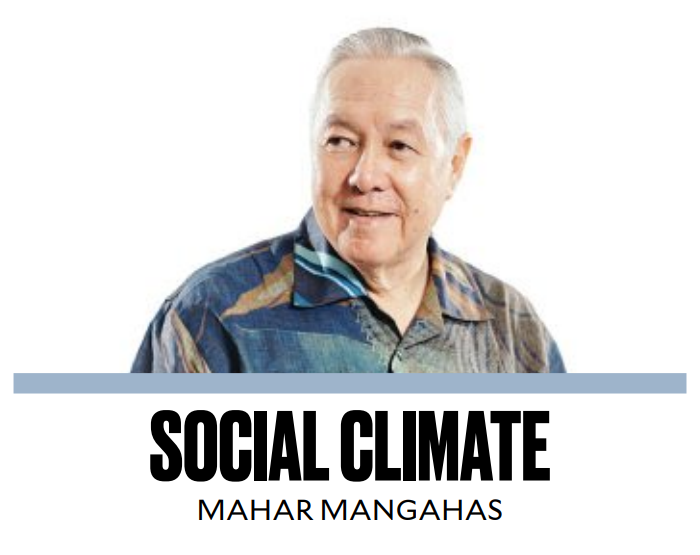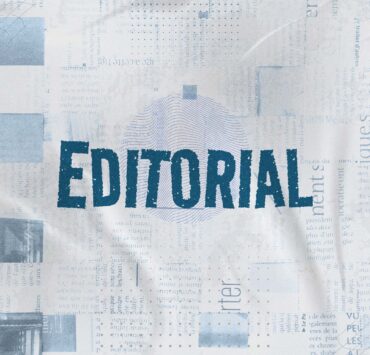Survey evaluation time

The pre-election survey work of Social Weather Stations (SWS) is done for the year. Our senatorial results are in last Thursday’s: “SWS confirms May 2025 survey for Stratbase Consultancy on voter preference for Senators for the 2025 elections” (www.sws.org.ph, 5/8/25). That morning, Stratbase had sent media its report, “Admin-backed Senate bets continue to lead in May SWS survey,” which reviewed the movements in the six surveys from December 2024 to May 2025. Those not on the Stratbase mailing list may see the SWS webpage for the numbers.
The sponsor’s statement. The Stratbase report quotes its president, Victor Andres “Dindo” Manhit, as expecting an intense battle among candidates up to the 17th place. “Ultimately, who secures the 11th and 12th seats will hinge on the ground strength of their political machinery, the mobilization of loyal supporters, and the power of a consistent, credible message that truly resonates with the electorate.”
He reminds the public, and I concur, that the most important survey is the one at the ballot box itself. “Let us cast our votes not just based on popularity or proximity to power, but on track-record, integrity, and vision. The future of the nation rests in the hands of the electorate.”
The partnership of Stratbase with SWS has been good. Both organizations are nonpartisan, and do not intend to favor any of the contenders. What gets released to the public, and when, is the call of the survey sponsor, not the survey-doer. Just yesterday, SWS confirmed the Stratbase results for party list. (www.sws.org.ph, 5/9/25)
The SWS 2022 Senate race experience: only the rankings moved. For the senatorial elections of May 9, 2022, SWS’s final pre-election survey was on April 19-27, or two weeks earlier. The survey’s final 12 all won, but with somewhat different rankings: No. 1 in the survey ended No. 3 in the official count, which I’ll denote 1/3. The other survey leaders finished 2/1, 3/2, 4/5, 5/7, 6/4, 7/12, 8/9, 10/10, 11/11 and 12/8. For the entire set of 64 candidates in 2022, the correlation of survey ranks with final ranks was 97.6 percent (we’ll publish the names and numbers in due time).
That was in 2022. No one knows what will happen in 2025. Nothing is set in stone; much can be learned from survey history (see “Election survey stories,” 3/22/25). The research records, and most of all the raw data, should be preserved for study.
See the other races tracked by SWS. The webpage has voter-preference results for many local races, to confirm the public releases made by their respective sponsors. The latest example is the race for Congress in the 2nd district of Parañaque City (posted 5/7/25)—can a 54-31 (percent) lead as of April 10-14 be overcome by next Monday?
Also posted recently are the voter preferences for governor, vice governor, and congresspersons of the province of Albay (5/6/25); the race for mayor of Caloocan City (4/30/25); for party list in Albay (4/23/25); for mayors in the 2nd district of Albay (4/22/25); for mayors in the 1st and 3rd district of Albay (4/22/25); for vice mayors and councilors in the province of Albay (4/22/25).
We do not question the sponsors’ decisions to release their findings; our duty is simply to confirm their media releases. Publication of election surveys hardly affects voters themselves, but it definitely influences the morale and the fund-raising capability of the campaigners. I was told that, even after election day itself, there can be dirty tricks to thwart the honesty of the election count. Favorable surveys inspire vigilance that is needed to defend the integrity of the elections.
What matters most is for the full and honest count of the votes to confirm the accuracy of the surveys, especially those conducted very close to election day. Isn’t it amazing that a small sample of a few hundred, scientifically assembled, survey respondents can foretell the sentiments of millions of voters? Isn’t it wonderful that, at present, ordinary Filipinos can speak fearlessly and honestly to field interviewers—whom they have never met before—about their political views?
Interviewing is not such a simple matter. Personally, I don’t recommend directly asking, “why do you want to vote for Ms. X?” or, say, “why don’t you want to vote for Mr. Y?” I think one learns more by probing carefully, and noninvasively, into respondents’ basic attitudes, deep aspirations, and meaningful past experiences, and then analyzing if, and how, all these relate to any issue at hand.
Surveys are for many more topics besides politics. Because survey research has been generally reliable in the case of elections, it has become more acceptable for all the other social sciences, including economics, my own field. If Filipinos are truthful about their intended votes, it follows that they’re also truthful about their poverty and other economic problems.
Of course, surveys won’t be 100 percent perfect, but in general they have been valid, and from year to year we learn more. Dubious survey operations will get weeded out; the reliable ones will stay.
Whatever happens, there’s always the next election.
—————-
Contact: mahar.mangahas@sws.org.ph.
Dr Mahar Mangahas is a multi-awarded scholar for his pioneering work in public opinion research in the Philippines and in South East Asia. He founded the now familiar entity, “Social Weather Stations” (SWS) which has been doing public opinion research since 1985 and which has become increasingly influential, nay indispensable, in the conduct of Philippine political life and policy. SWS has been serving the country and policymakers as an independent and timely source of pertinent and credible data on Philippine economic, social and political landscape.


















Pope Leo XIV: What’s in a name?